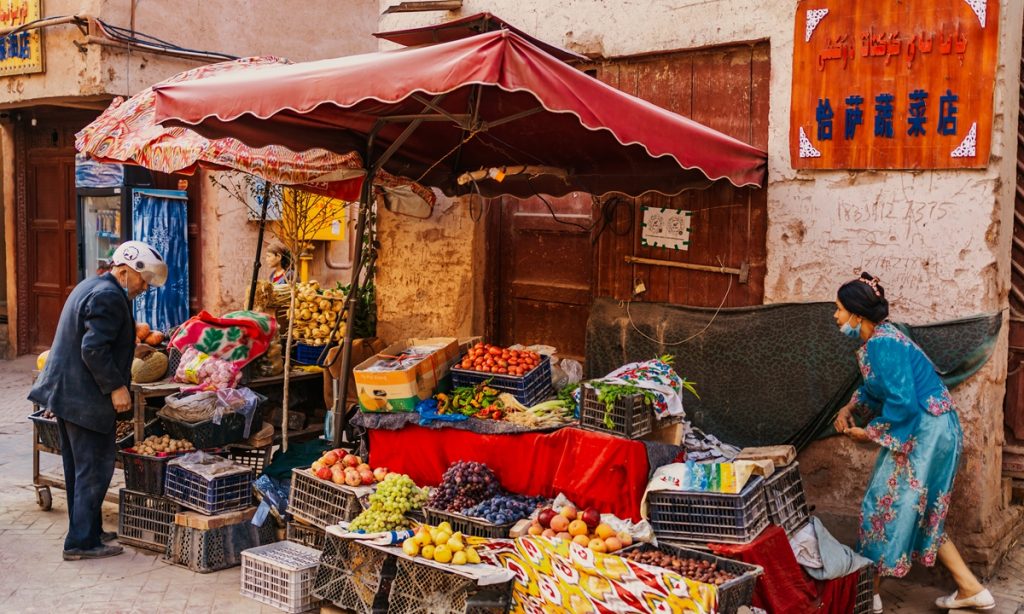Foreign envoys visit Xinjiang, praising its stability and diverse culture

The Chinese Ministry of Foreign Affairs organized dozens of diplomatic envoys to visit Urumqi, Kashi and Aksu in the Xinjiang Uygur Autonomous Region in early August. Foreign envoys had in-depth exchanges with residents from various ethnic groups and experienced the economic and social development of the region.
A total of 25 ambassadors from countries such as the Commonwealth of Dominica, Myanmar, Iran, Samoa and Mexico participated in the event. They spoke highly of Xinjiang's stability, economic development and prosperous culture. "People in Xinjiang are enjoying a happy life," they said, and affirmed how Xinjiang-related lies fabricated by certain Western media outlets do not correspond to the real situation.
Located in the hinterland of Asia, Xinjiang used to an important hub on the ancient Silk Road that connects East and West. As China expands its high-level opening-up to the outside world, Xinjiang has been transformed from a relatively closed inland area into a frontier of opening-up to the outside world. Iranian Ambassador to China Mohsen Bakhtiar believes that Xinjiang plays an irreplaceable role in the Belt and Road Initiative.
People from all ethnic groups in Xinjiang have created a diverse and colorful culture. The Kizil Caves of the Thousand Buddhas in the Aksu region has endured thousands of years of baptism, and the stunning murals in the cave show the colorful culture of this land.
"China has made every effort to protect the original appearance of the Buddhist caves and murals, and it has embraced the diverse cultures of various regions," said a diplomat from the Peruvian Embassy in China.
The Xinjiang-related lies fabricated by some Western media sources do not correspond to the real situation in Xinjiang and the Chinese Government is committed to preserving the culture and languages of ethnic minorities in the region, foreign envoys said.